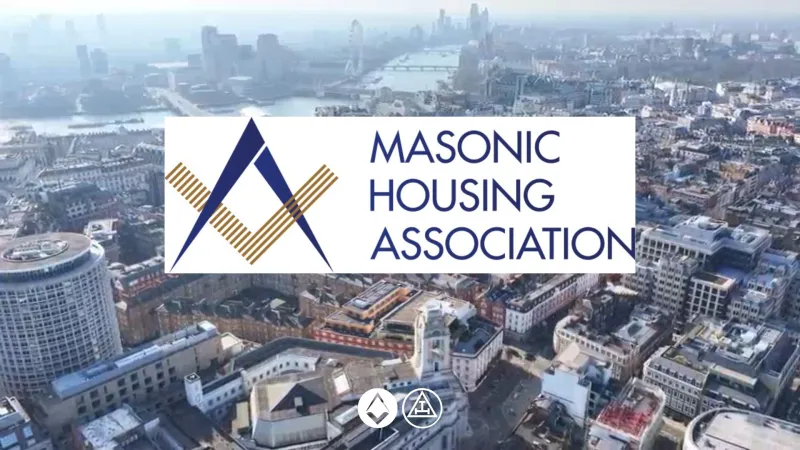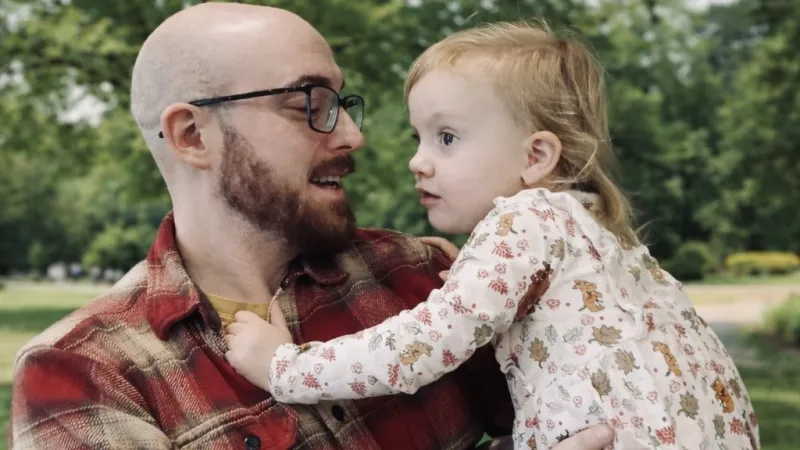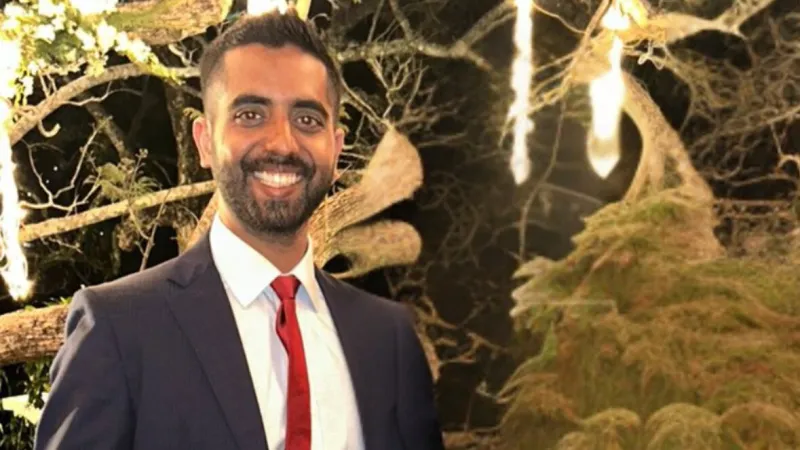This year, Somerset is celebrating 25 years of creating recorded organ music for specific use in Masonic Lodges during meetings and ceremonies.
Around 25 years ago, Adrian Moore, a member of the Benevolent Lodge, in Wells, Somerset, noticed a distinct lack of Masonic organists available in the county, and those that did exist were all just about coping with numerous requests to play for Lodges, Chapters and other Masonic Orders.
By chance, Adrian found himself sitting next to The Reverend Ivan Fowler at a Masonic dinner and they got chatting about the use of music during Masonic Ceremonies. To his utter surprise, he discovered that Ivan had a three-manual digital organ keyboard, similar to that found in Cathedrals, at home in his conservatory.
Ivan is a very experienced player, having performed public recitals at home and abroad. So, the seed was sown, recording sessions were arranged, copyrights cleared and, in 1998, MasonicMEDIA was born. This was all second nature to Adrian, a former BBC radio producer, who thrived on developing Plan B’s!
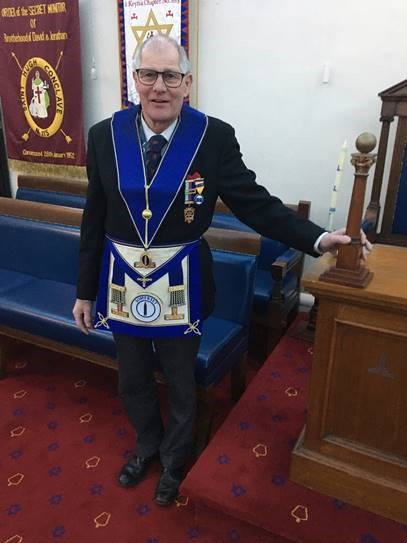
Adrian can now be seen wheeling his mobile sound system into Masonic Halls, whereupon the room positively vibrates during the Opening and Closing Odes, heartily accompanied by the singing of the Freemasons in attendance! Adrian often jokes that he supplies the PA for the Glastonbury Festival, held just up the road.
The digital music, created in Somerset by Ivan and Adrian, can now regularly be heard at Masonic meetings all over the world!
So, just where have all the Organists gone?
Sadly, but inevitably, they have gone to various graveyards throughout the land. This once fine and thriving body of men grew up in the 1930’s and 40’s when almost every home had a piano, and children were encouraged to take lessons. There were plenty of outlets for competent musicians then: cinema organists, church choirs, and for those who joined Freemasonry, many Masonic Halls had impressive Victorian pipe organs.
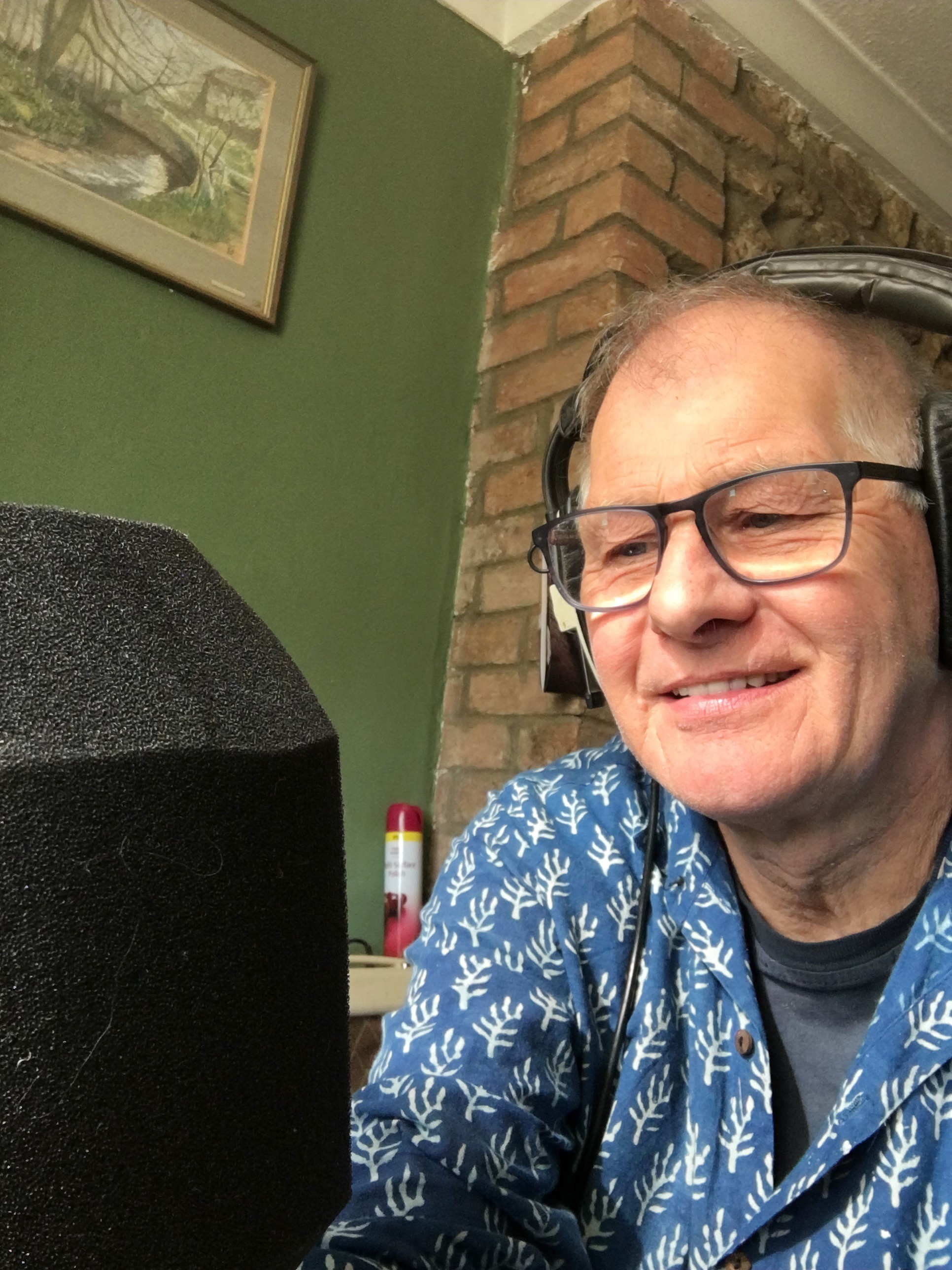
In the 50’s and 60’s, electronic organs began taking the place of those old pipe organs which were becoming increasingly more expensive to maintain. Consequently, the number of organ builders started to decline. By the 70’s and 80’s, the electronic synthesizers made by Roland and Technics etc. had taken over. Those keyboards were very accessible and popular with younger players. Only time would then tell whether Freemasonry would ultimately benefit from their musical skills.
The rapid reduction in numbers of available Masonic organists threatened the very existence of the music itself, considered by many as an essential part of the enjoyment of Freemasonry. This decline would have resulted in the associated musical knowledge being seriously diminished in the short-term and, in time, possibly lost forever.
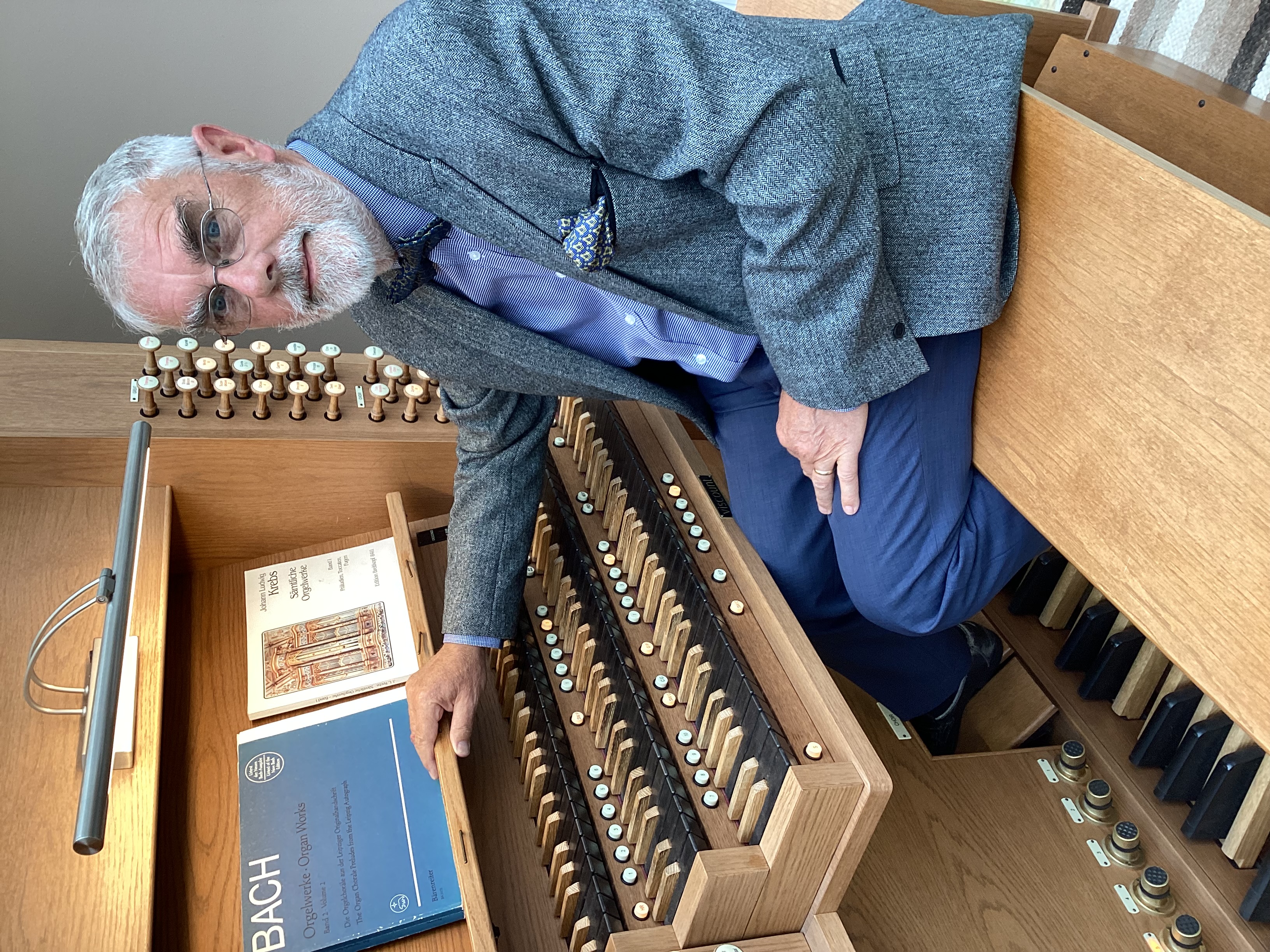
Ivan and Adrian’s determination and passion for the music saved the day, and they have created a lasting legacy which will be enjoyed by Masons, and others, for many years to come.
Ivan, speaking from his home in Bristol, said:
It was an incredible task to embark upon and I never imagined we would complete over seven hundred pieces of Masonic music. I also achieved a lifelong personal ambition by recording the complete organ works of Bach, together with many other composers. Adrian often reminds me that I am now probably the most listened-to Masonic organist and that every day, somewhere over the face of the Earth, I will be playing at a Masonic meeting.
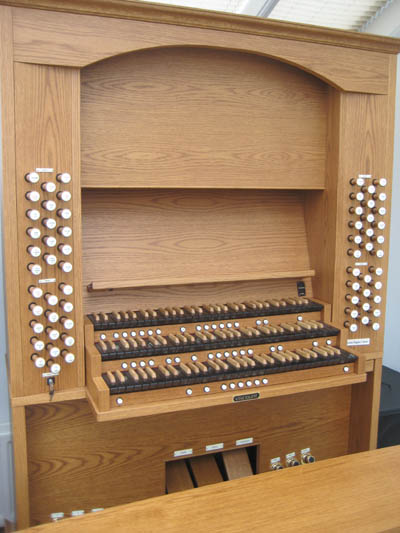
Somerset Freemasons’ current Provincial Grand Organist, Richard Kilburn said:
We don’t see MasonicMEDIA as competition because there are so few organists left that we can’t possibly satisfy all the requests we get to accompany Ceremonies. We do, however, have one advantage over recorded music, in that we can react instinctively and effectively in a live situation.
We still do have some wonderful Instruments in Somerset, which we love to play, and we long to keep them in good working order. I am also very grateful to Adrian, who passed on to me, all the sheet music that Ivan used for the recordings. It includes a very rare book of Knight Templar scores from the 1920’s.
The fruits of Ivan and Adrian’s labours can be found on their website.
